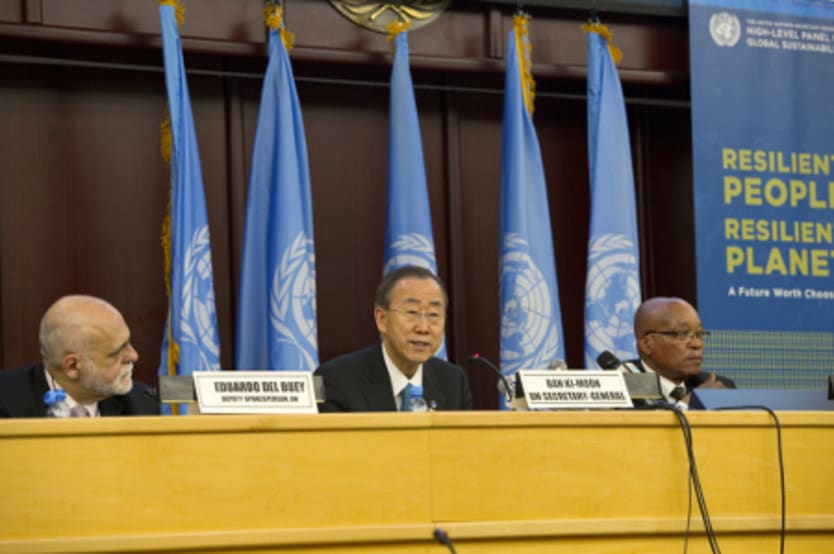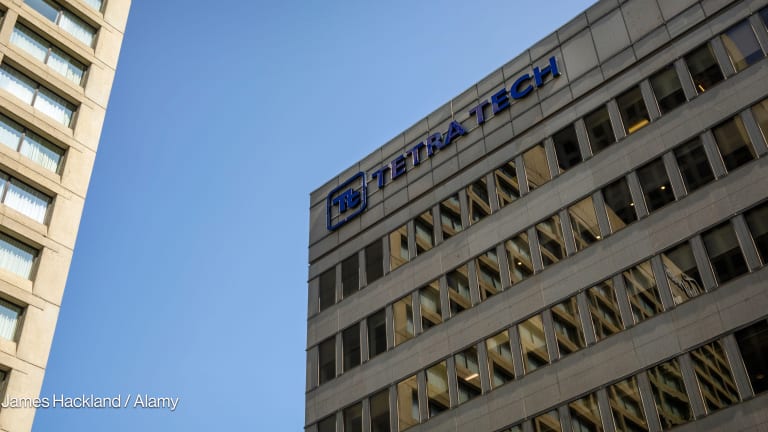
The latest U.N. report is pushing for all actors to put sustainable development into practice, but civil society and nongovernmental organizations say the report lacks specifics.
The High-Level Panel on Global Sustainability launched the “Resilient People, Resilient Planet: A Future Worth Choosing,” a report loaded with recommendations to meet sustainability in all sectors, on Monday (Jan. 30) at the African Union summit in Addis Ababa, Ethiopia.
The report contains 56 recommendations for people empowerment, achieving a sustainable economy and strengthening institutional governance, including:
Establishing a global fund for education.
Building on public-private partnerships.
Creating an “ever-green revolution” and promoting responsible agricultural investment.
Integrating resilience planning in government budgets and strategies.
Reducing or phasing out subsidies such as those for fossil fuel.
Promoting incentives for companies that take into account long-term sustainable development in their investments and transactions.
Strengthening the interplay between science and policymaking.
The report also recommends a Sustainable Development Index be created by 2014. The index will serve to measure progress on sustainable development and be spearheaded by a technical task force to be appointed by U.N. Secretary-General Ban Ki-moon.
Another key point in the report, which has been highlighted in the “zero draft,” was the recommendation to establish a set of key universal “Sustainable Development Goals” that bank on the experience and success of the Millenium Development Goals. It should complement the MDGs and allow for a post-2015 framework successor.
NGOs and civil society have welcomed the report’s contents, but some pointed it was missing out on some important details.
Sarah Best of Oxfam said the report’s emphasis on women’s rights and call for an “ever-green” revolution were helpful, but concrete recommendations on reforming the food system are “thin.”
“There is nothing in the report on how to finance the recommendations — for instance, through a levy on international shipping and aviation, or a financial transaction tax,” she said.
In a blog post on Switchboard, meanwhile, Michael Davidson, Natural Resources Defense Council’s China Climate Fellow, said the “text could be stronger” in some areas. Davidson cited the recommendation on governments should adopt and advance “green jobs” as an example. He said the text could have been more explicit by indicating “who benefits” in the recommendation.
Best said world leaders need to do better when they meet at the U.N. Conference on Sustainable Development (Rio+20) in June.
Read more development aid news online, and subscribe to The Development Newswire to receive top international development headlines from the world’s leading donors, news sources and opinion leaders — emailed to you FREE every business day.








